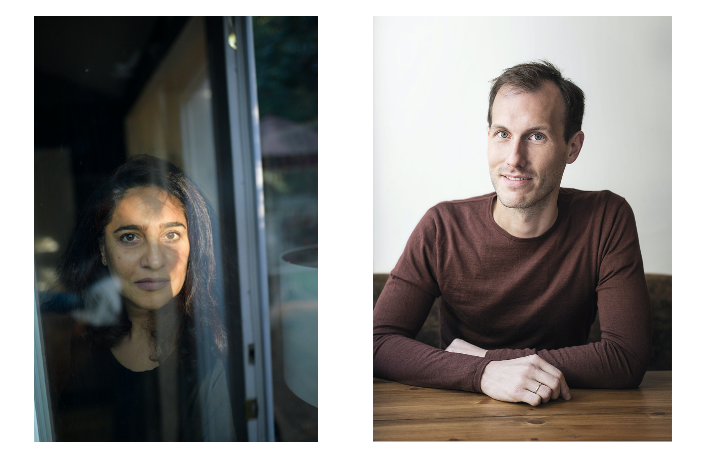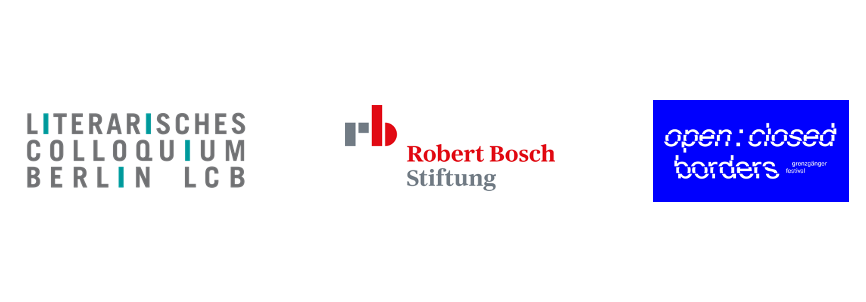In the echoes of archives: Narrating (hi)stories of science

Reading 10.06.2020 19:00
With Urmilla Deshpande and Christopher Kloeble, In conversation with Anna Jäger
Language English
Online Event (Link following soon)
"By subordinating things that I had always known to his number system, they were no longer mine, they were now his."
The orphan boy Bartholomäus, protagonist in Christopher Kloeble's new novel Das Museum der Welt (The Museum of the World), is fascinated by the explorer brothers Schlagintweit, who came to the boy's home town Bombay at the recommendation of Alexander von Humboldt and on behalf of the East Indian Company. However, as Bartholomäus recognizes, the acquisition and passing on of knowledge usually comes with ulterior motives.
The theoretical foundations as well as the results of colonial, racist 'expeditions' have left deep marks in the scientific canon to this day. Christopher Kloeble and Urmilla Deshpande will talk about their confusions and ways of writing out of violent archival and research material. Urmilla Deshpande is currently working on a novel about the research of her grandmother Irawati Karve, who earned her doctorate in “Rassenkunde” (racial science) in Berlin during the Weimar Republic. After her return to Bombay, she continued working as an anthropologist and sociologist.
How to tell her story, which is complexly interwoven with that of the world? What spaces of language, imagination and perspective open up when writing from violent archives? How to make the silences heard in writing? What are the limits of critical questioning of the acquisition and transmission of knowledge?
Collaboration The event takes place in cooperation with LCB – Literarisches Colloquium Berlin, in the framework of the Grenzgänger-Festival //open : closed borders//, funded by Robert Bosch Stiftung.
Photos Urmilla Deshpande: Frank-Udo Tielmann / Christopher Kloeble: Jens Oellermann

